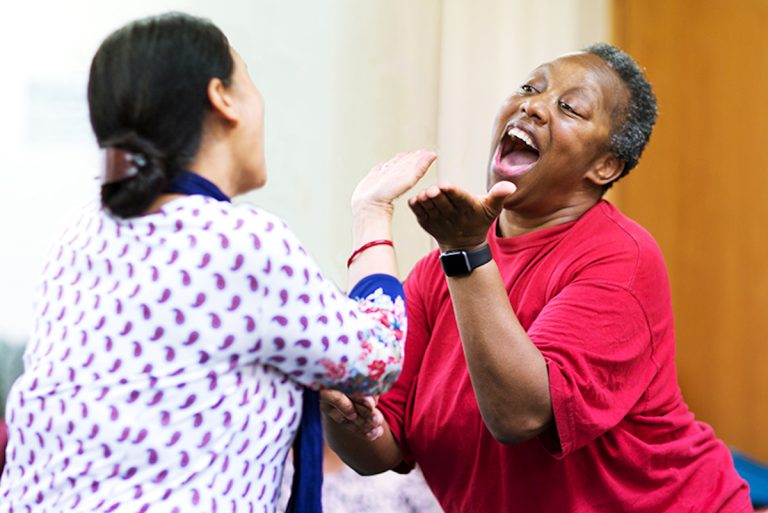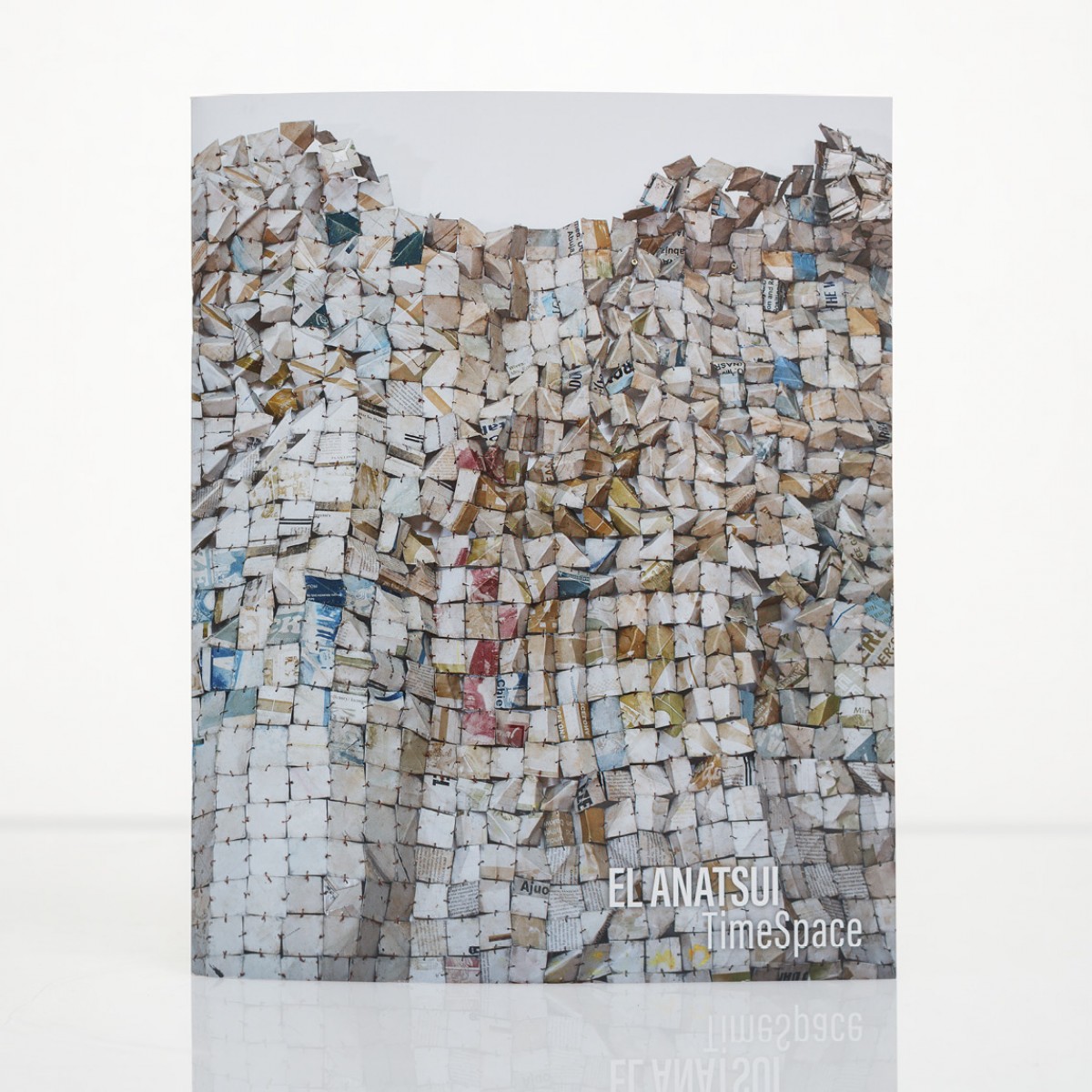Celebrating women artists, activists, writers, performers, community groups and organisations, with a diverse programme of…

Research Digest: Older people – Culture, Community, Connection
By Robyn Dowlen, Centre for Cultural Value Karen Gray
Summary
In recent years there has been growing interest in the role that cultural participation can play in older people’s wellbeing and sense of connection to other people. This interest has been noted within the cultural sector, as well as the voluntary, community and social enterprise sector (e.g. AgeUK, The Baring Foundation). We are all growing older, and so it is important to consider what the cultural landscape looks like for older people and how it can support people to lead meaningful and fulfilling lives as they age.
This research digest, produced as part of a collaborative rview between the Centre for Cultural Value and Connecting Through Culture As We Age project (University of Bristol) presents a review of the literature relating to the value of cultural participation on wellbeing and feelings of social connection as we age.
We identified 70 peer-reviewed studies which examined the role of cultural participation in supporting feelings of wellbeing and social connection for older people (aged 60+). Across these studies, music experiences (i.e. community choirs; community bands) were the most commonly reported within the literature. The older people represented in the literature were largely women, white, and aged 65-75.
The strongest evidence is currently represented within the qualitative literature. For methodological reasons, it is not possible at this point in time to draw any firm conclusions from the quantitative literature. This is because of the limited studies that explored social connection as a primary outcome, and because of the wide range of self-report questionnaires that were used within each individual study, preventing comparison across studies.
The qualitative literature showcased a wide range of benefits for engaging with culture for wellbeing and feelings of social connection. Older people had increased opportunities for social interaction and developed a sense of belonging and/or inclusion. Older people were also able to share exchanges of experience, knowledge and skills with each other and their wider communities (including intergenerational programmes). Theatre and dance programmes led to older people developing a more positive relationship with their bodies, allowing them to see what they could do rather than what they couldn’t do.
In relation to wellbeing, cultural participation afforded older people a range of positive emotional experiences, making them feel happier and helping them to cope with negative life events such as bereavement. Engaging with culture also led to older people feeling a sense of achievement through opportunities to experience challenge and learn new skills. Older people also reported feeling more of a connection with their own personal identity, as well as building a collective identity, which led to increased confidence and self-esteem.
Given the context of the Covid-19 pandemic, we sought to explore the role of digital technology for the participation of older people in arts and cultural experiences. Unfortunately, we were unable to answer this question due to only identifying three studies that used digital technology as part of the cultural experience. However, we anticipate that there will be more publications in due course which focus on digital forms of participation during the pandemic.
Overall, while there is promising evidence for the value of cultural participation for older people’s wellbeing and feelings of social connection, there are concerns about the quality of literature within this research area, particularly mixed-methods research. There is clearly a need for methodological development in this area so that older people can have more agency, voice, and involvement in the research process.
Download the digest to read the findings in full.
Published: 2022








This Post Has 0 Comments